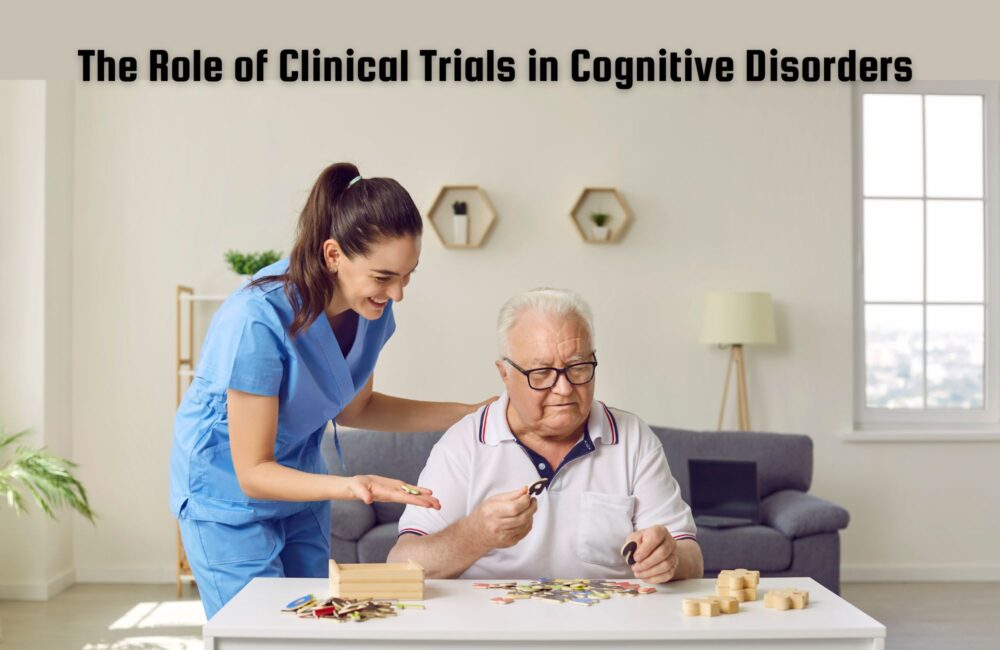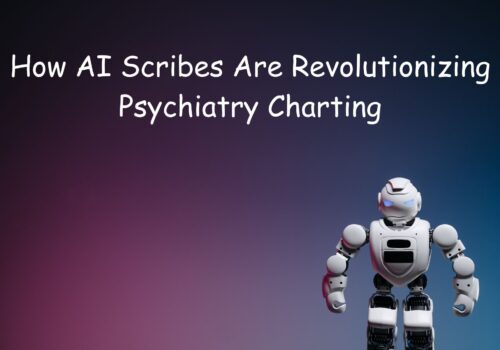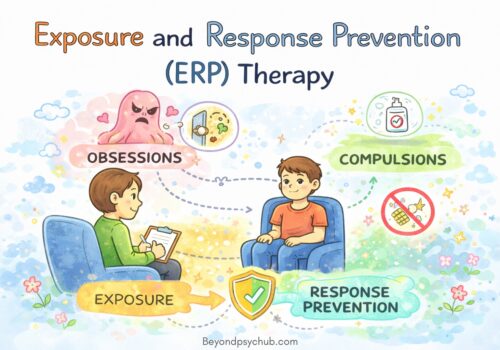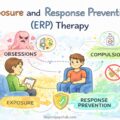For millions worldwide, the first signs of a cognitive disorder—like forgetfulness or confusion—often go unnoticed or unaddressed for months, even years. This delay in diagnosis can limit treatment options and impact long-term outcomes. But there’s hope on the horizon.
Clinical trials are playing a pivotal role in transforming how we detect and understand neurological conditions like Alzheimer’s and Parkinson’s. At the Neurology Center of North OC, we’ve seen firsthand how trial-driven innovations are helping bridge the critical gap between early symptoms and effective diagnosis.
The Diagnosis Gap: Why Timing Matters
- Average delay in diagnosis for Alzheimer’s can range from 2 to 5 years after symptom onset.
- Early symptoms are often mistaken for normal aging or stress.
- Family members usually spot changes long before a physician makes a formal diagnosis.
These delays don’t just affect treatment—they impact the patient’s ability to plan, retain independence, and access care when it matters most.
How Clinical Trials Are Changing the Landscape
Recent advancements in trial methodology are helping reshape early detection strategies:
1. Biomarkers from Trials
Ongoing studies are identifying biological indicators—like amyloid plaques or tau proteins—that appear before major symptoms. These biomarkers are now being used in screenings and research-grade diagnostic tools.
2. AI & Cognitive Assessment
Digital trials are using machine learning to detect subtle changes in speech, movement, or memory—tools that could soon be part of routine check-ups.
3. Home-Based Monitoring
Hybrid trials allow participants to use wearable devices or apps at home, capturing more realistic day-to-day data. This supports earlier identification of cognitive decline and real-world symptom tracking.
Ethical Considerations in Early Trial Recruitment
Recruiting patients in the early or pre-symptomatic phase introduces new ethical questions:
- Can someone with mild impairment truly give informed consent?
- How do we handle the psychological burden of learning about risk without symptoms?
To address this, trial protocols now emphasize:
- Caregiver involvement in consent
- Ongoing cognitive assessments
- Mental health support throughout the trial
Trial Participation: A Pathway to Better Care
Joining a clinical trial is more than volunteering for science—it often means:
- Faster access to emerging treatments
- Closer medical supervision
- A deeper understanding of one’s condition
These benefits also ripple outward: Trial data shapes the next generation of care models, screening tools, and health policies.
Conclusion: Bridging the Future of Neuro Care
Clinical trials are no longer just about testing new drugs. They are redefining how we detect, monitor, and respond to cognitive disorders.
By closing the gap between symptoms and diagnosis, research is helping patients and providers act sooner—and with more clarity. As this science progresses, greater awareness and participation will be key to advancing both care and compassion.
Author Bio
Anthony Ciabarra, M.D., Ph.D. has been practicing neurology and supervising neurology clinical trials in Fullerton for over 20 years. A graduate of Yale University School of Medicine, he completed both M.D. and Ph.D. degrees through the Medical Scientist Training Program. Dr. Ciabarra has contributed to breakthrough treatments in Alzheimer’s disease, Parkinson’s disease, migraine, and other neurological conditions.















